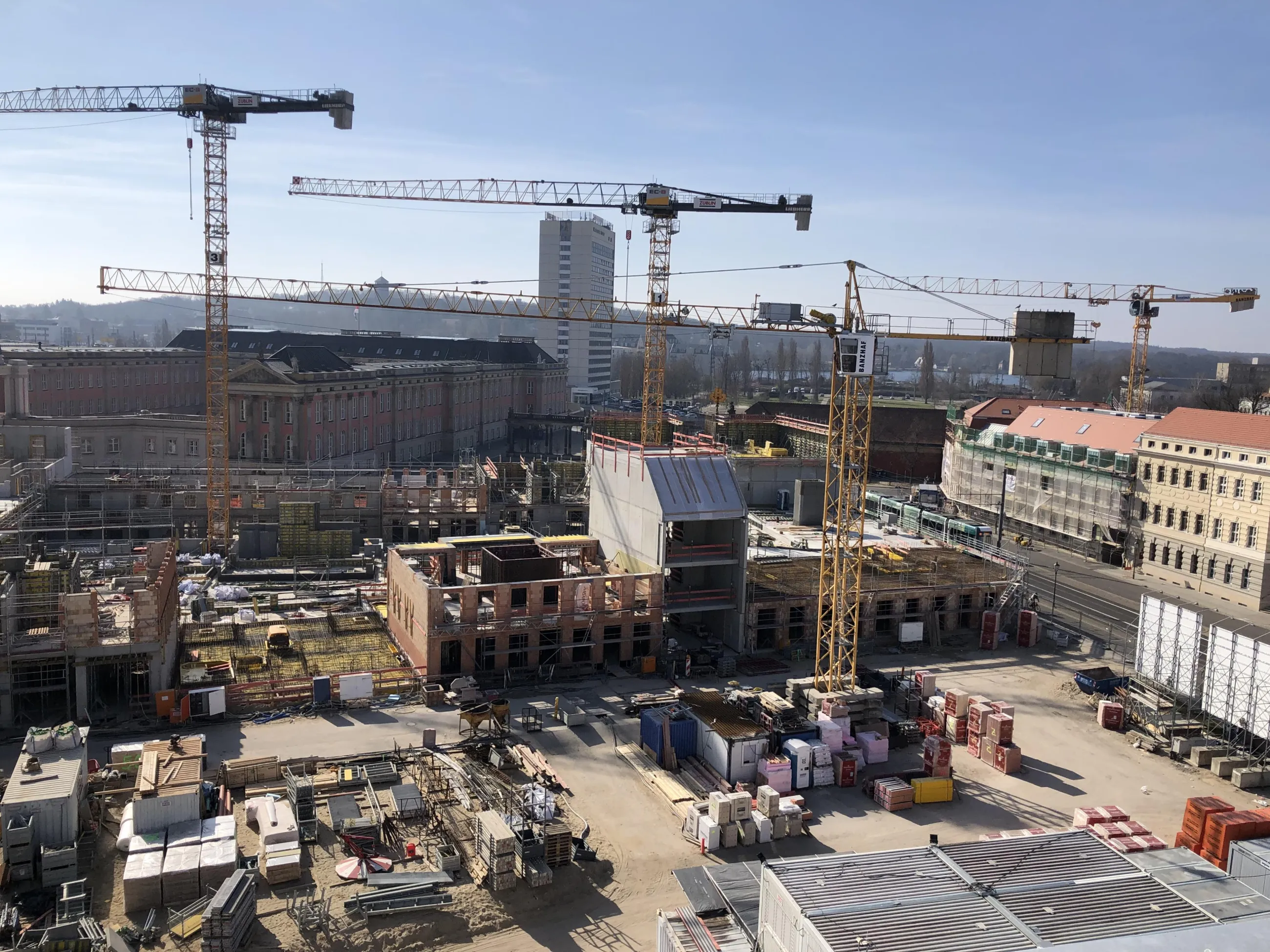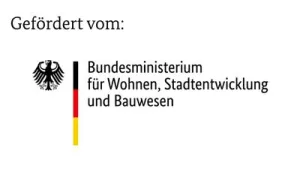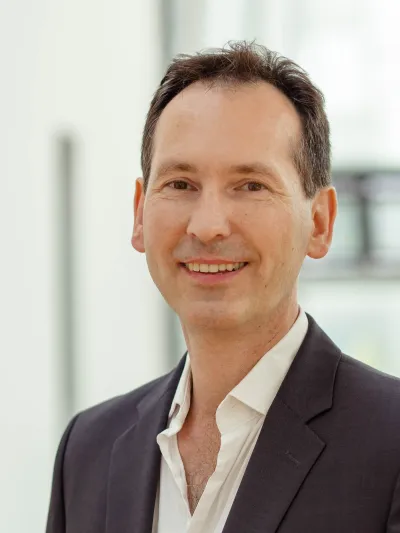Q-LCA — Analysis of the Ecological Impacts of Different Settlement Types in New Development Neighbourhoods and Their Life Cycle

- Prof. Dipl.-Ing. Tim Rieniets
- Institute for Design and Urban Planning, Faculty of Architecture and Landscape Architecture
- Leibniz University Hanover
Life cycle assessments (LCA) are an established method for components and buildings, at the neighbourhood level, however, there is a lack of studies and models that assess the energy demand and associated ecological impacts of construction and infrastructure for the production and utilisation phase.
The aim of the Q-LCA project is to determine the material flows used, the energy consumption including grey energy and the associated emissions of different, common settlement types through life cycle analyses and to make them comparable. As a requirement for the evaluation of the settlement structures, a validated balancing model will be created, which will be used for exemplary balancing of real settlement types, but which will also enable an investigation of further building and infrastructure variants (morphological construction kit).
The results will be published in a Energie-Atlas des Siedlungsbaus (working title), which presents the morphological characteristics, key values for building density, space requirements, energy and heat supply including the grey energy of the respective structure types throughout their life cycle. The atlas is aimed at experts and in particular at managing directors from politics, planning and the housing industry. The project is a joint project with Prof. Tim Rieniets from Leibniz University Hannover.


